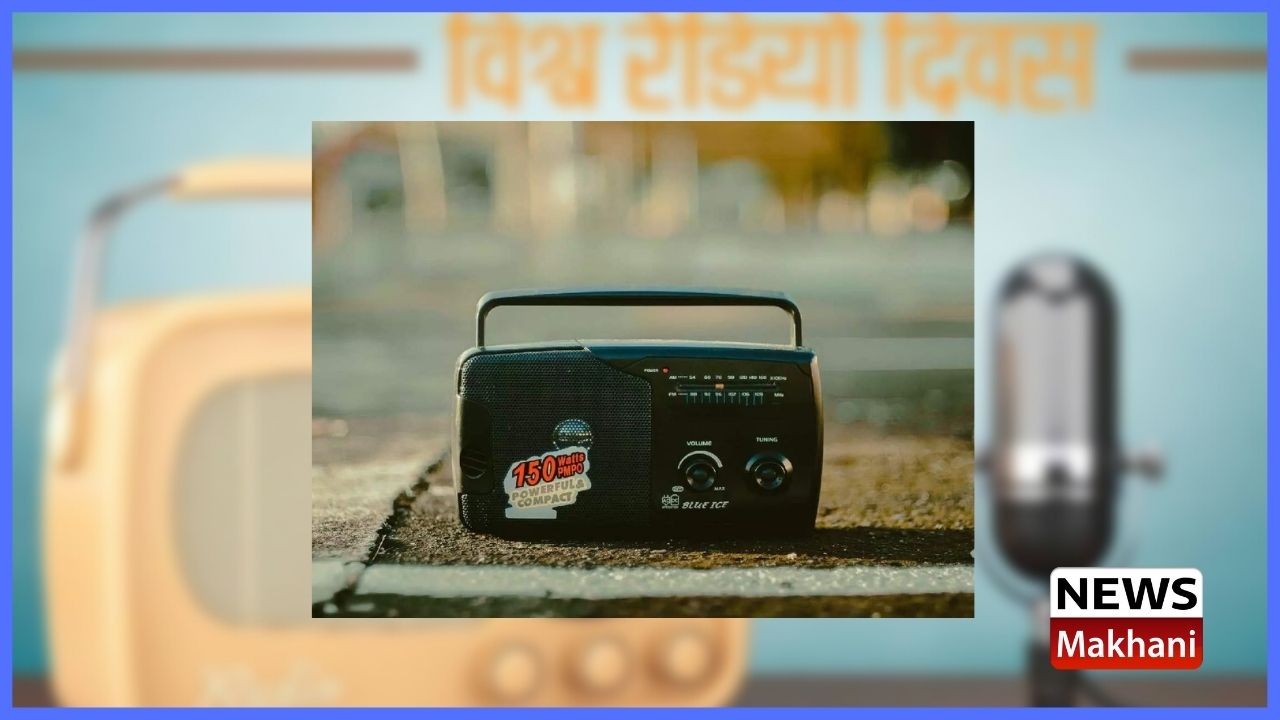Chandigarh, February 12 – Even in the age of mobile and internet, radio is still alive and is continuously contributing socially. In today’s era, radio is becoming popular in podcasts and other digital formats in sync with information technology.
This view was expressed by the Vice Chancellor of Chaudhary Devi Lal University, Professor Ajmer Singh Malik while speaking as the Chief Guest at the Radio Utsav 2022 organized by the Community Radio Station of the University. The programme by the radio station was also registered on the official website of UNESCO.
Professor Malik wished all the participants of the Radio Utsav a very Happy World Radio Day. He said that radio is an important tool of Mass Communication and it has a special contribution in the development of the nation. He said that India is a country with a rural population and it is a popular mass medium for the people living in remote villages. The development journey of radio and the role of radio in the development of the nation were discussed in detail in this programme organized by the community radio station of the university on the eve of World Radio Day.
He said that even in the age of mobile internet, radio is an important part of our life. Keeping up with the times, radio has now gone digital. Digital radio can now be broadcast via the Internet, such as podcasts. He said that the help of radio stations will be taken for skill development of the students of the university. The Vice Chancellor said that community radio stations running across the country are playing an important role in the field of women empowerment, rural, economic and social development.
Convener of Radio Utsav 2022 and Director of Community Radio Station, Dr Amit Sangwan, welcomed the Chief Guest and gave detailed information about various programmes and future plans of the Community Radio Station. He said that information is the basis of social change. He said that through community radio stations, the students of Journalism and Mass Communication department are not only trained practically, they are also exposed to information about various public welfare schemes of the government.

 हिंदी
हिंदी






